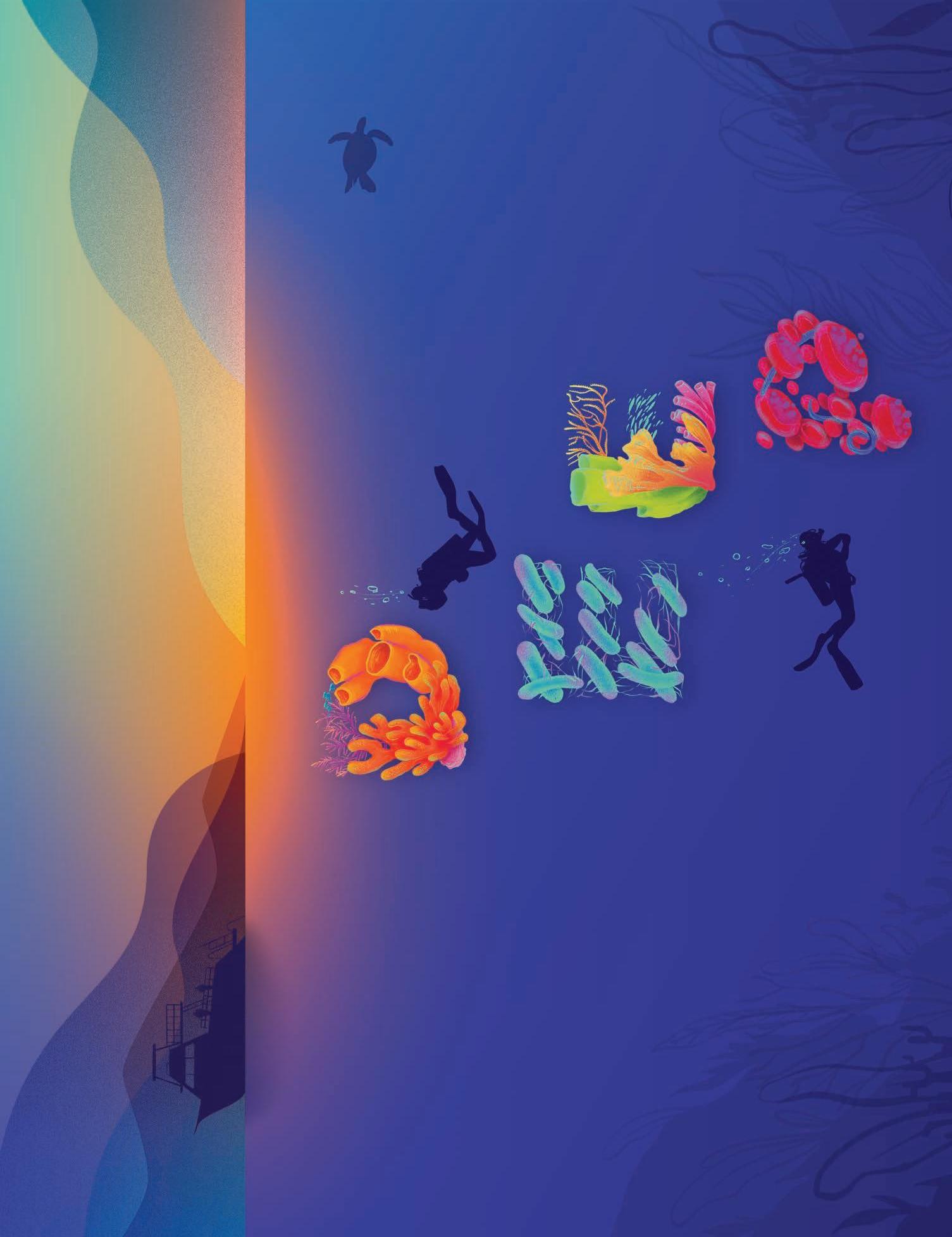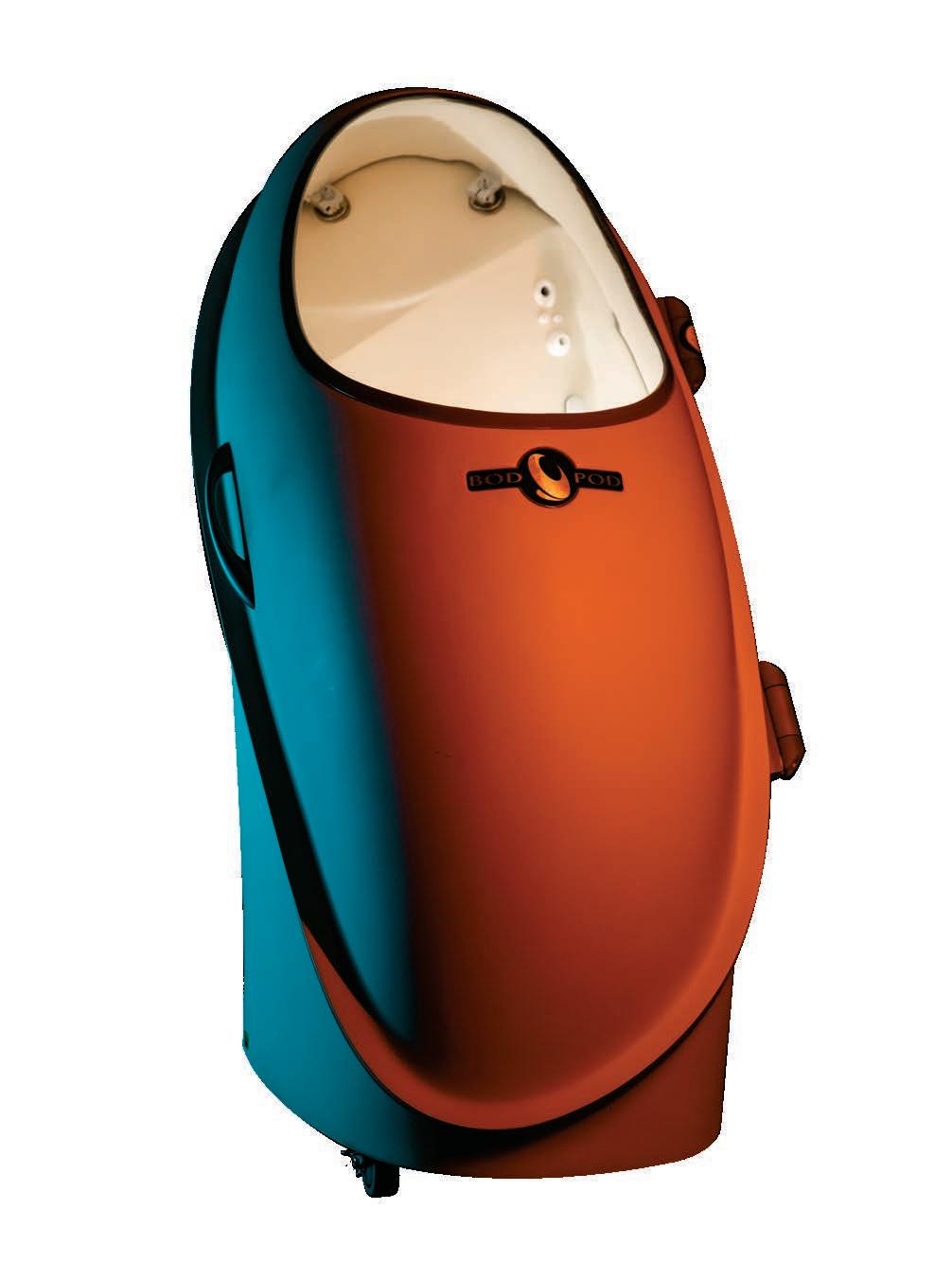are hoping to change that. From the bacteria that
bacteria that live in both salt and fresh waters and cause cholera and sepsis. Found in contaminated waterways, cholera is a severe diarrheal disease that affects up to 4 million people and accounts for up to 143,000 deaths every year. Often contracted through an open wound or by eating raw or undercooked oysters, the species Vibrio vulnificus is a flesh-eating bacteria endemic to Florida that causes potentially deadly sepsis, a life-threatening illness caused by the body’s response to infection. While significantly fewer people will get sepsis than cholera, 1 in 5 people who contract it die, often within a day or two of becoming ill.
VIBRIONACEAE are a family of
THE DISEASES:
just a few.
VIBRIONACEAE
PLASMODIUM
Using a multidisciplinary approach, Almagro-Moreno and his team examine how harmless bacteria in our waterways can evolve to become dangerous to humans. “We study which genetic and ecological factors make [bacteria] become harmful to humans, emerge from an environmental population, and how they acquire the traits to be able to colonize us,” Almagro-Moreno says. His lab aims to identify emergent strains and develop safe, affordable treatments against them.
FALCIPARUM
For more than 10 years, Chakrabarti and his team have explored antimalarial compounds found on land and under the sea to combat PLASMODIUM FALCIPARUM, the deadliest species of malaria. They were able to successfully stop the growth of a drugresistant strain and cure malaria in mice using dragmacidin G, an alkaloid compound found in some species of sponges. “Partnering with Harbor Branch Oceanographic Institute, we screened close to 5,000 marine samples to identify their chemical structures,” Chakrabarti says. “As a result, we identified about eight novel structures that have treatment potential, won two National Institutes of Health grants, were awarded a patent, and hope to move to preclinical studies in the future.”
Debopam Chakrabarti, professor and head of molecular microbiology
Salvador Almagro-Moreno, assistant professor of medicine and member of the Sustainable Coastal Systems and Genomics and Bioinformatics faculty clusters
THE WORK:
THE WORK:
THE RESEARCHER:
Transmitted by infected mosquitoes, Plasmodium is a parasite that causes malaria. In 2019 alone, there were an estimated 229 million cases of malaria worldwide and more than 400,000 deaths.
THE DISEASE:
THE RESEARCHER:
seas in search of answers to what ails us. Here are
to heal us, UCF researchers are searching the high
cause us harm to the molecules that could be used
I
we do about our own oceans. UCF researchers
t is often said that we know more about space than
BY LAURA J. COLE














